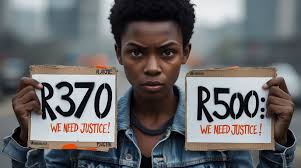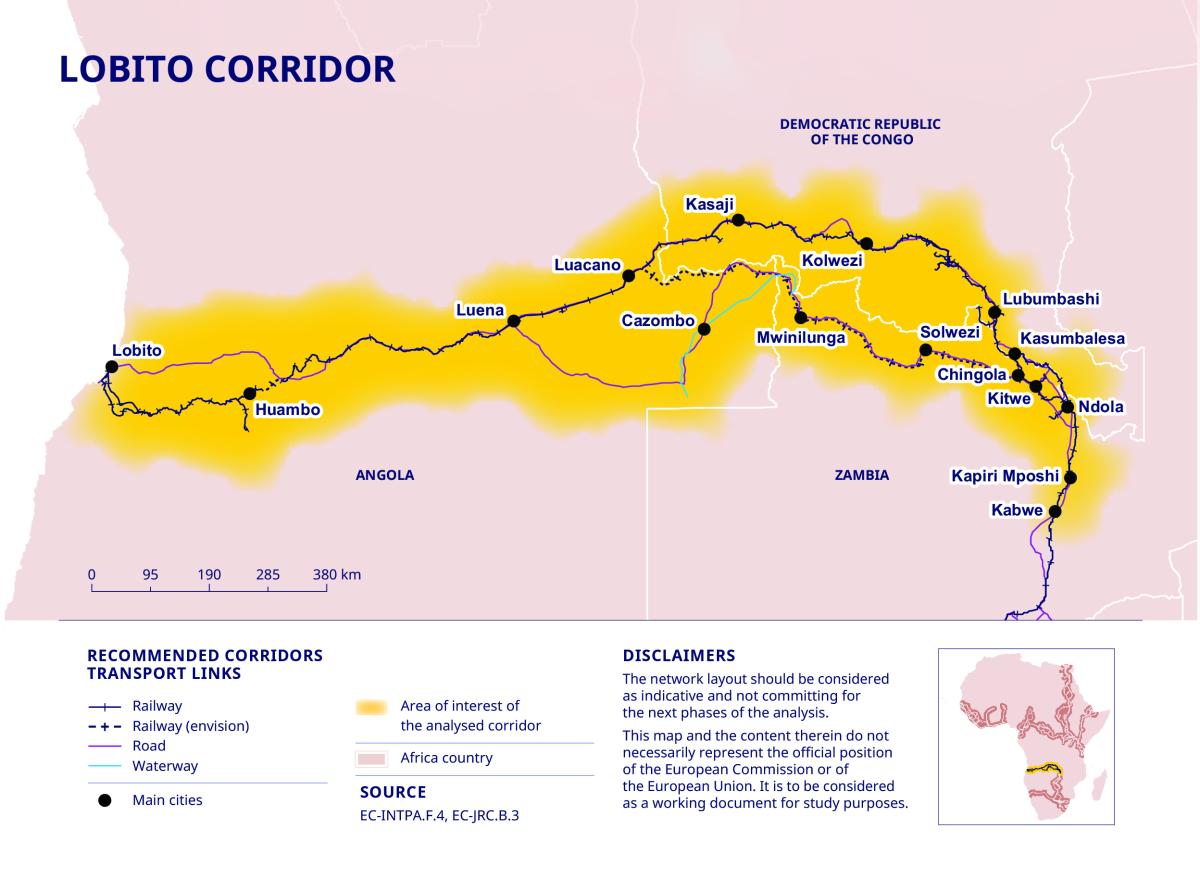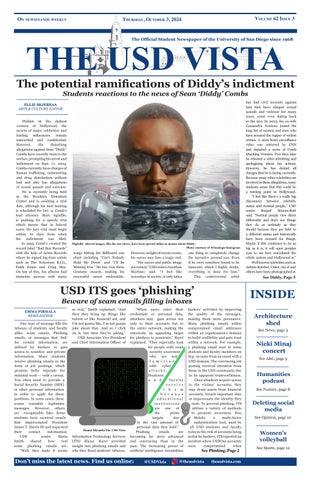R370 SRD Grant Failures: How Bank‑Scan Algorithms Exclude Millions of Eligible Beneficiaries
June 30, 2025 – Updated analysis of faulty algorithm-based income verification impacts on South Africa’s poorest.
The challenge: an algorithm that rejects the poor
Recent reports show that nearly 10 million South Africans who qualify for the monthly R370 Social Relief of Distress (SRD) grant are being excluded—mostly due to errors in an algorithm-based income screening that flags innocent bank transactions as disqualifying income

How the algorithm works—and fails
The algorithm performs automated “means tests” by scanning applicants’ bank accounts. It rejects anyone with deposits above R624 a month, regardless of the source—be it loan money, child maintenance, or occasional family help. As a result, valid applicants like widow and street‑vendor Brenda Mtshali have seen their applications rejected more than six times, her means test saying “means income source identified”
- Introduced in April 2022, the bank account test replaced broader poverty measures
- It is responsible for roughly 80 % of all rejections, though experts estimate it should account for only about 24 % :contentReference[oaicite:4]{index=4}.
As a result, only around 10.3 % of eligible applicants are receiving the grant, leaving an estimated 89.7 % wrongly excluded :contentReference
Adding to the frustrations, biometric and identity verifications are mandatory—yet many cannot complete them due to lack of smartphones, unstable internet, or missing smart IDs
Human cost of exclusion
Stories from the ground paint a devastating picture:
“It’s like shouting into an empty room and only hearing your echo.” – Mtshali
Applicants like Mtshali are struggling. She travels by taxi to interviews and to print CVs, but with no grant, she can barely afford meals—even resorting to feeding her family with leftover tomatoes. She now faces survival rather than development
GroundUp reports that the verification system regularly fails: “beneficiaries don’t have smartphones or data… calling the SASSA helpline often leads nowhere” :contentReference[oaicite:9]{index=9}. One pensioner paid more for a smartphone to verify her identity than the grant she receives :contentReference[oaicite:10]{index=10}.
Failed appeals and legal battles
The appeal process is almost completely ineffective:
- Only about 5 % of appeals succeed :contentReference[oaicite:11]{index=11}.
- 98 % of the 10 million appeals in 2023–24 failed :contentReference[oaicite:12]{index=12}.
Recent court rulings reinforce this: a Pretoria High Court deemed some SRD regulations unconstitutional in January 2025 . In April 2025, another judgment reaffirmed that the means tests are unfair and mis-targeted
Still, the government is appealing and has made bank‑scan algorithms a condition for funding from National Treasury
Proposed solutions
Experts and activists recommend several concrete fixes:
- Allow submission of supporting documents such as proof that transactions aren’t income
- Use a longer income-assessment window to smooth out isolated transactions
- Implement hybrid digital & in-person verification to serve those offline or digitally excluded
- Allow manual review teams to override algorithmic rejections
Additionally, policy think tanks propose:
- Replacing restrictive targeting with universal or more inclusive social grants
- Allowing applicants to apply and appeal in person, supported by High Court rulings

Conclusion: balancing fraud control and human rights
The R370 SRD grant was introduced during Covid‑19 to cushion unemployed adults, reaching 10.9 million beneficiaries at its peak in 2020. Yet as of April 2022, rigid algorithms, bank scans, and online-only verification have slashed the beneficiary numbers to around 8 million—despite 17–18 million being eligible
As poverty deepens—with unemployment at ~33 %—the impact of this automated exclusion is catastrophic South Africa must urgently redesign its grant system: prioritising fairness and dignity over blanket digital audits.
For more on this issue, see our in-depth SRD grant analysis and our related social welfare coverage. For the original research, consult the Institute for Economic Justice report and court documents.
External references: BusinessLive, GroundUp, AllAfrica.
Table of Contents
For more news visit our website
this post by News24



